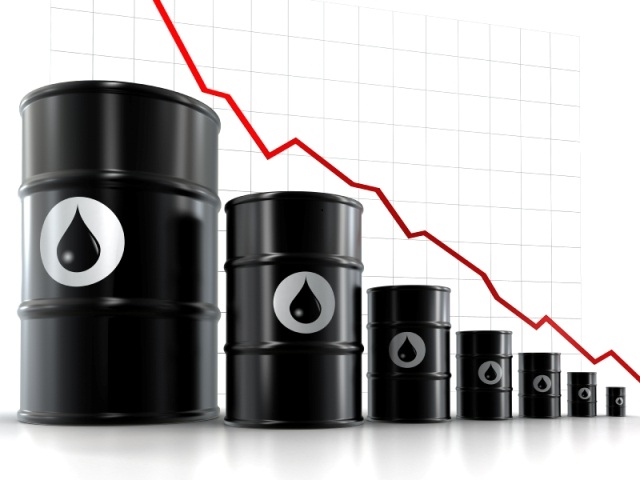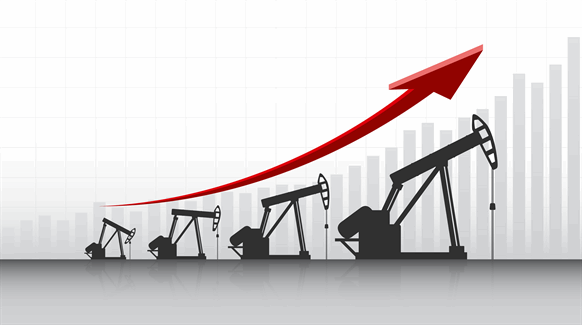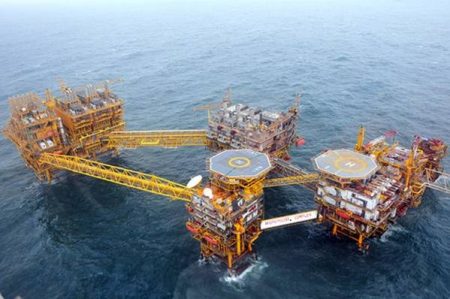
London — Oil slipped 1% on Tuesday as concerns about demand being dented by China’s prolonged COVID-19 lockdowns outweighed support from a possible European oil embargo on Russia over its actions in Ukraine.
Beijing, reporting dozens of new cases daily, is mass-testing residents to avert a lockdown similar to Shanghai’s over the past month. The capital’s restaurants were closed for dining in, and some apartment blocks were sealed shut.
Brent crude was down $1.00 or 0.9%, at $106.58 a barrel at 11:12 a.m. EDT (1512 GMT). U.S. West Texas Intermediate (WTI) crude fell $1.04, or 1%, to $104.08. Earlier in the session both benchmarks dropped more than $2 a barrel.
“There are real concerns about whether Chinese demand, which is a huge factor in global demand, will remain strong in 2022,” said Gary Cunningham, director at Tradition Energy.
Still, oil remains strong after Moscow’s invasion of Ukraine exacerbated supply concerns that were already fueling a rally. Brent reached $139 in March, its highest since 2008.
The European Union is working on a sixth round of sanctions against Russia for waging war on Ukraine, a move that is supporting oil prices.
Officials said European Commission President Ursula von der Leyen is expected to spell out the proposed sanctions on Wednesday, and that they would include a ban on imports of Russian oil by the end of this year. read more
“The positive driver (of prices) has been the EU embargo and whether that will be announced,” said Commonwealth Bank. “Your negative driver is Chinese COVID lockdowns. They’re both very important thematics.”
Also in focus will be the latest round of U.S. inventory and supply reports. Five analysts polled by Reuters on average expect U.S. crude inventories fell by 1.2 million barrels last week.
The American Petroleum Institute industry group issues its inventory report at 4:30 p.m. EDT (2030 GMT), followed by government figures from the Energy Information Administration on Wednesday.
*Nia WilliamsAlex Lawler & Sonali Paul; Editing: Marguerita Choy & Jason Neely – Reuters
Follow us on twitter



